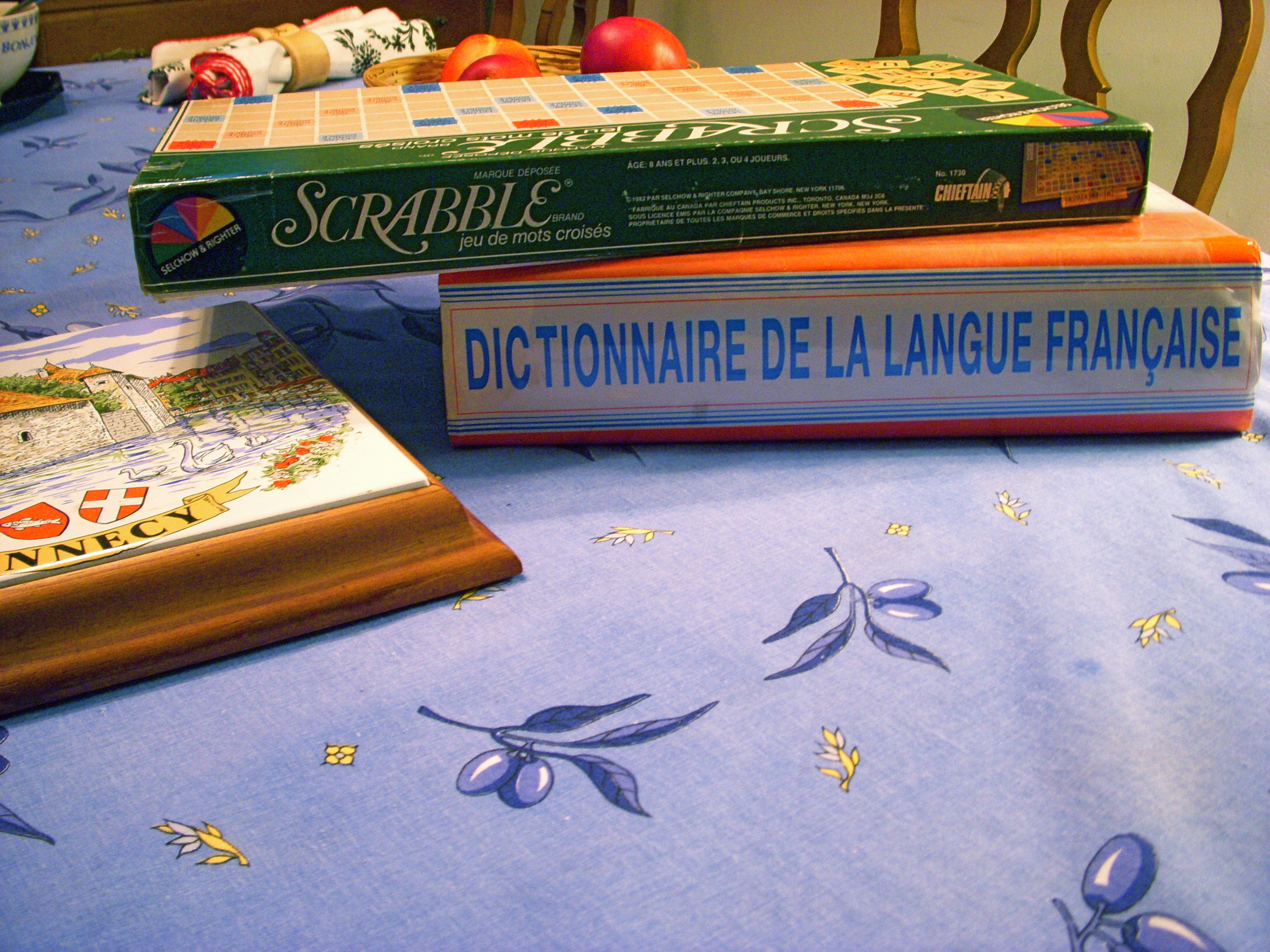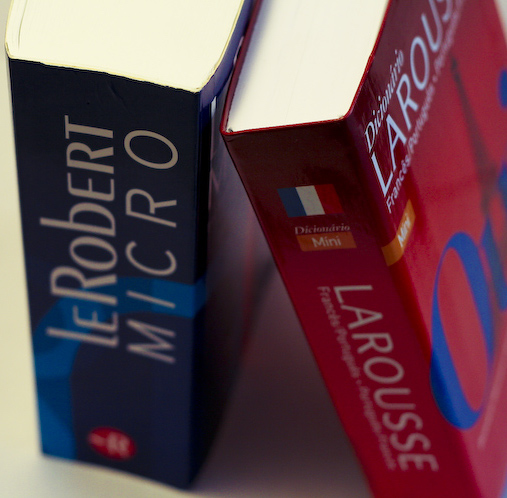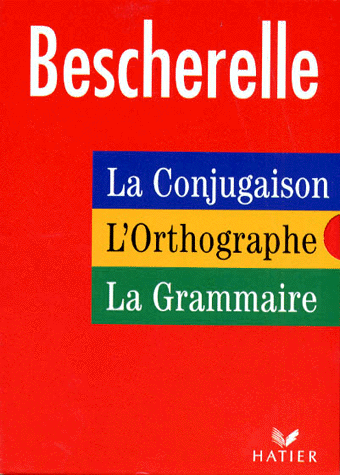The French language learner: top tips for mastering written French
 The French language learner experiences a labyrinth of emotion. Frustration, relief, pride. I’ve been there. I could bet you’ve been there too. We all want to improve our written French – but how? Personally, I believe the key is refinement; a sort of linguistic sophistication, if you will.
The French language learner experiences a labyrinth of emotion. Frustration, relief, pride. I’ve been there. I could bet you’ve been there too. We all want to improve our written French – but how? Personally, I believe the key is refinement; a sort of linguistic sophistication, if you will.
Stylistic depth evokes the intricacy, subtlety, and profundity of language. At its core, language is never arbitrary; language is purposeful. And stylistic depth can bring an entirely new linguistic dimension to your written French.
Let me share how I believe this can be achieved…
Understanding the cycle of emotion: the French language learner
-
Emotion: unavoidable frustration
The French language is futile, evasive, elusive. It gets the better of us, it one-ups us, it taunts us from its linguistic pedestal. It laughs at our failures and screams our inadequacies. It’s superior, unreachable, unfathomable.
It’s hazy, blurred at the edges; a linguistic fugitive. On the run, always a step ahead.
Our fists grab it, grasp it, clutch it, but in the end, there’s nothing but frustration.
We see it, but we don’t really see it. Tantalisingly close, but still so far; plagued by the unavoidable plight of the French language learner.
-
Emotion: pride of accomplishment
And then, there’s the flip side. The French language is loyal; it rewards our perseverance, it shares our pride, it heralds our achievements. Nothing is more glorifying than the guiltless, egotistical mantra of self-fulfilment, self-satisfaction, self-gratification.
We wait endlessly for understanding, for acceptance, for mastery.
And once we have it – this shining, gleaming medallion of our own accomplishment – we bask in its eternal glory and vow to never let it go.
We have reached our end destination. We are infinite.
Mastering written expression in French: learning versus knowing – how to bridge the gap
So, how do we bridge the gap between learning French and knowing French? How do we transgress the murky waters of frustration and emerge, fully-fledged, into accomplishment? The key is mastering written expression. More specifically, the key is elegance, refinement, and sophistication of written French.
Now, let me share with you a selection of my top five favourite French expressions to supplement your written French and achieve true stylistic depth.
How to improve your written French: my top 5 favourite advanced expressions
1. Use of the conditional tense
Typically, French uses the conditional tense to evoke a hypothetical state. Something which would, or could, happen. Conversely, the conditional can also indicate a claim which isn’t yet proven but could turn out to be true.
Where English prefers words such as ‘apparently’, ‘supposedly’, and ‘reportedly’, French uses the conditional to imply premise or speculation.
Compare the semantic differences between the two sentences below:
L’incendie aurait ravagé l’immeuble
- The fire is believed to have destroyed the building
L’incendie aurait ravagé l’immeuble si les pompiers ne s’étaient pas rendus sur place
- The fire would have destroyed the building if the fire services hadn’t arrived on the scene
2. Ne serait-ce que
The inversion in this French construction suggests hypothesis, for example ‘were it only’ or ‘if only’. The ‘ne’ + ‘que’ construction indicates exception or singularity.
Ne serait-ce que provisoirement, de nombreux vols risquent d’être annulés ce week-end
- If only temporarily, numerous flights risk being cancelled this weekend
3. Y, X, et autres Z
This French expression establishes a link between specific items but leaves it to the French language learner to identify the commonality.
The items must be sufficiently linked as to establish a genuine connection. For example, countries with no common association other than location would not provide a suitable connection.
The inference is that there are other applicable items, but there is no immediate need to list them all. Note that the final item in the list isn’t mentioned by name, but rather represents a collective entity of similar items.
La littérature française compte d’innombrables écrivains réputés, genre Flaubert, Camus, et autres Baudelaire
- French literature boasts numerous renowned writers, such as Flaubert, Camus, and other similar authors

4. Si
Most commonly, the so-called si clause translates as ‘if’. Yet, this French expression can also be used to reaffirm a position or stance by contrasting it with a relatively minor point, in the sense of ‘although’ or ‘though’.
Si l’économie britannique est grave, celle de la Grèce est même catastrophique
- Though the state of the British economy is severe, the situation in Greece is catastrophic
 5. Autant
5. Autant
‘Autant’ has three main uses in the French language. None of which are immediately apparent to the French language learner.
‘D’autant…’
‘D’autant…’ intensifies a point when used at the beginning of a sentence, equating to English ‘especially’ or ‘particularly’.
Note that this plays on the concept of expectation versus reality.
Les candidates à la présidentielle étaient profondément choquées par la défaite. D’autant qu’elles s’attendaient à une victoire facile
- The presidential candidates were deeply shocked by the defeat. Especially as they were expecting an easy victory
‘D’autant plus/moins … que’
‘D’autant plus/moins … que’ introduces a comparison of superiority or inferiority.
La robe est d’autant plus belle qu’elle est teintée d’un rose vif
- The dress is all the more beautiful for being a vibrant shade of pink
‘Pour autant’
‘Pour autant’ contrasts two commonly associated states or conditions to convey divergence, polarity, or non-conformism.
Le langage vulgaire est peut-être mal perçu dans la presse écrite sans être pour autant totalement condamné
- Vulgar language is perhaps badly perceived in written press without being entirely rejected
By following these top tips and continuously striving for greater stylistic depth, you’ll learn to experience an entirely new linguistic dimension to your written French.
Which are your favourite French expressions to help other French language learners improve and enhance their written French? We’d love to hear your comments in the box below.
Image credits:
1. Writing, via Unsplash
2. Frustration, via Unsplash
3. L’écriture, via Flickr
4. Bescherelle, via Flickr
5. Dictionnaire de la langue française, via Flickr
6. Le Robert Micro, via Flickr
7. Desk, via Unsplash










